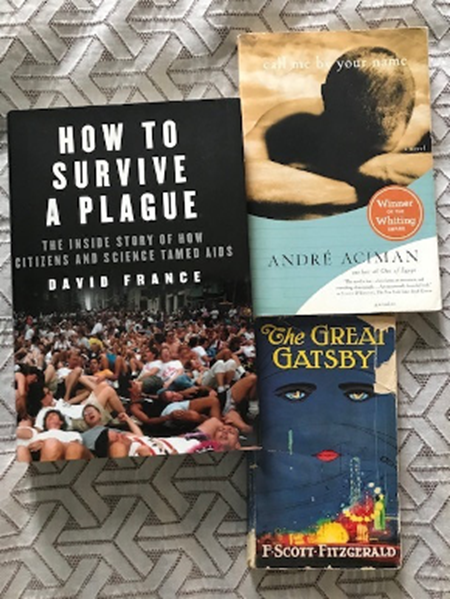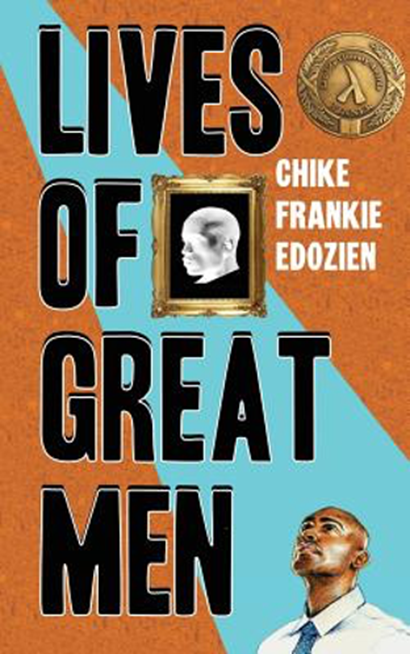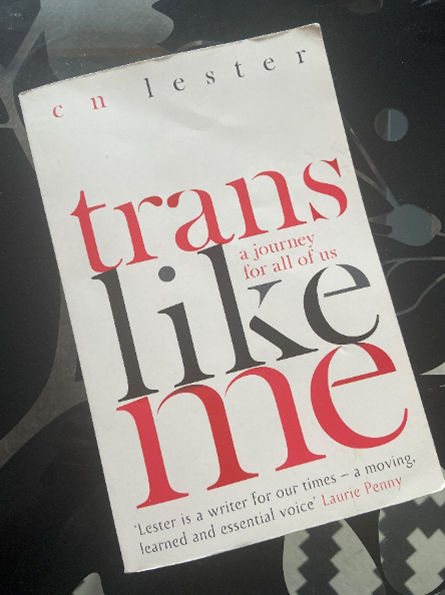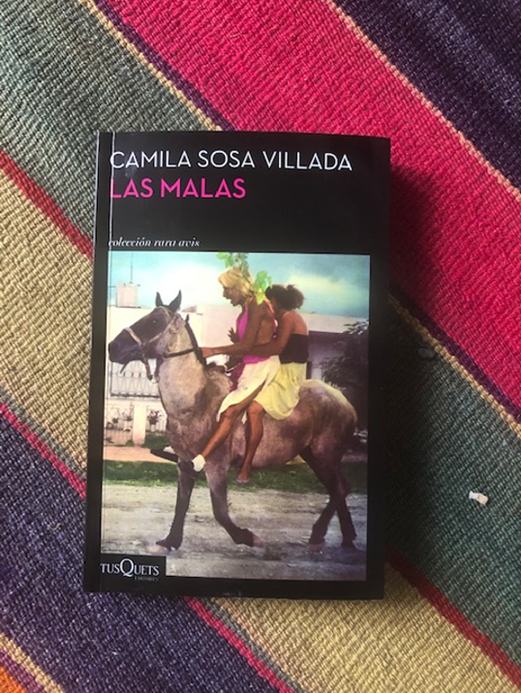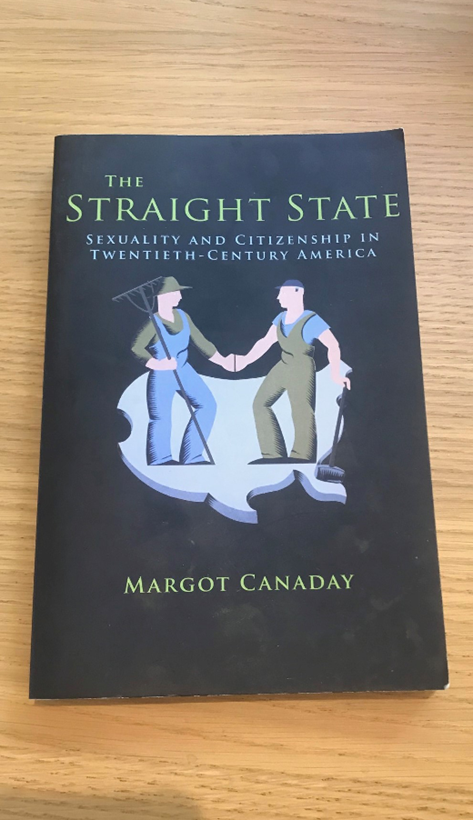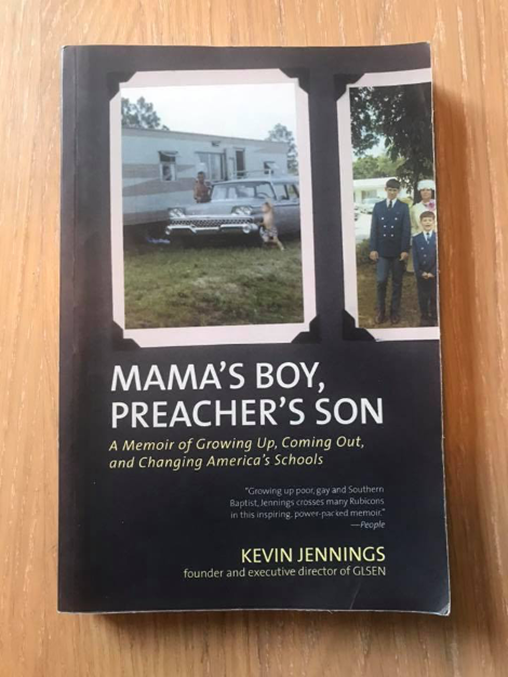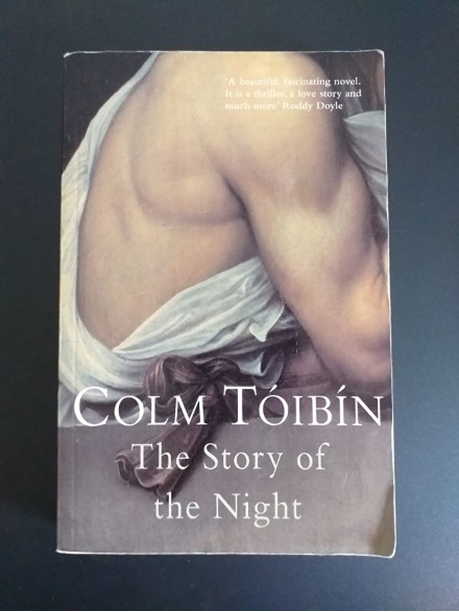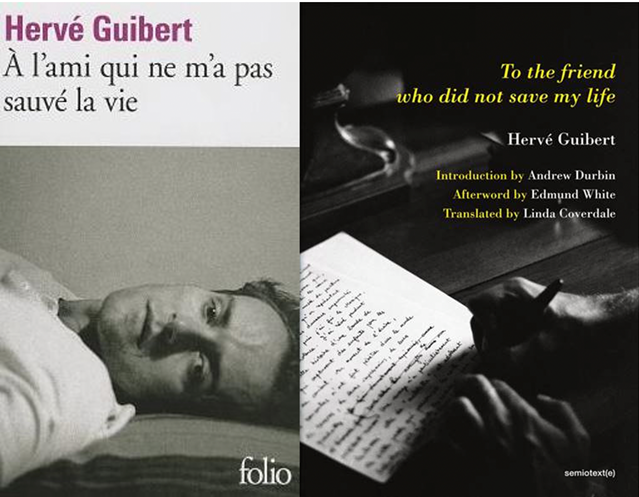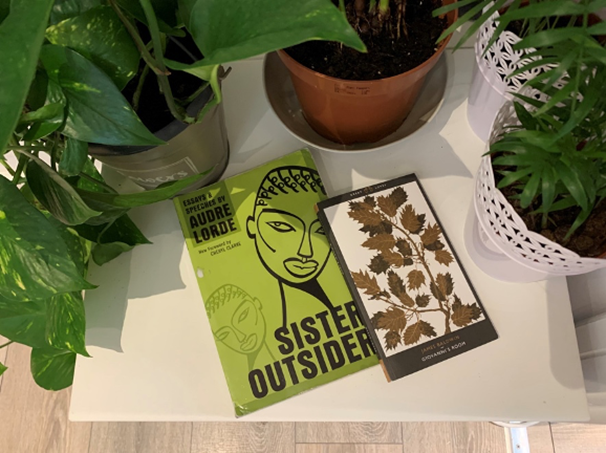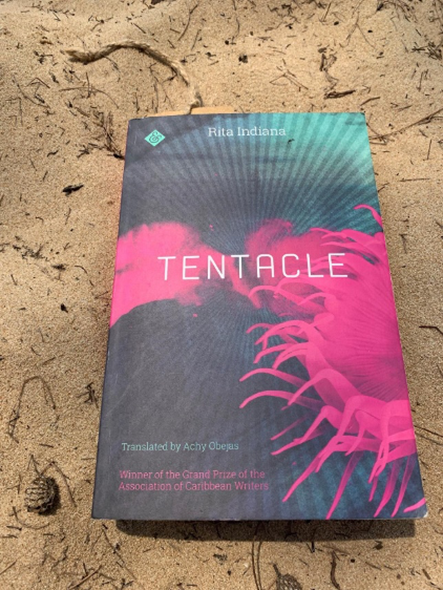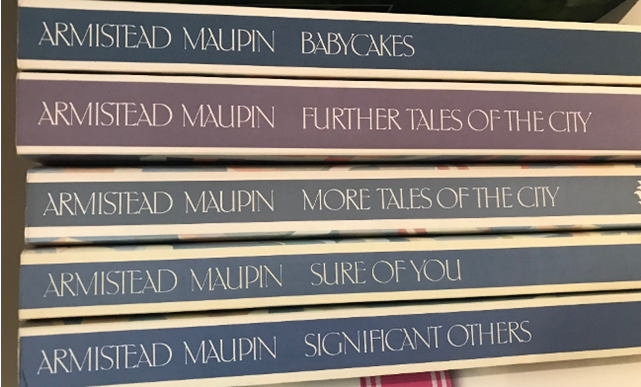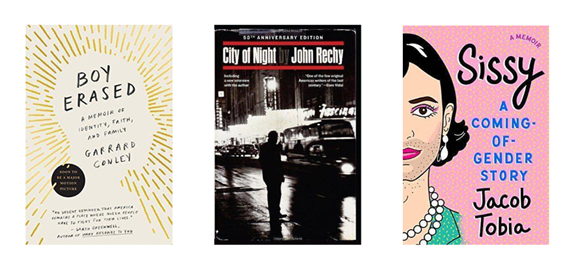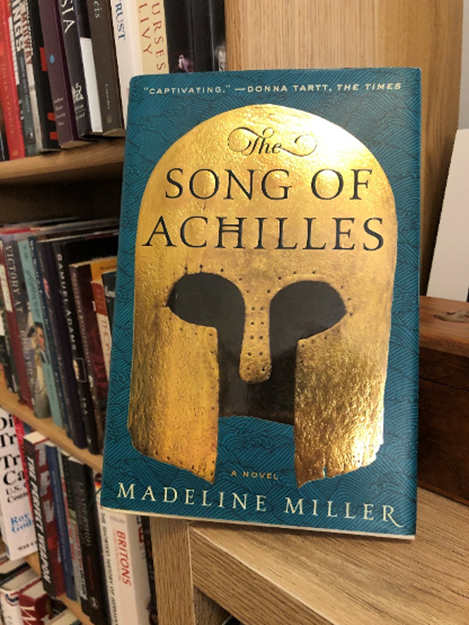Brendan Riley, Partner, New York
I scoured my bookshelf trying to pick “the one,” but that’s just not possible. For me, reading has always been a huge part of my sexuality, and as a teenager growing up in the mid-90s in Texas, literature was how I began to connect with my gayness. That’s continued through to today, and I am amazed at the things I read that give me new perspectives on the gay experience. So here’s my list, in no particular order (my picture doesn't include them all as I appear to have lent out a few of my favorites and not received them back)
How to Survive a Plague: The Inside Story of How Citizens and Science Tamed AIDS by David France
In the gay community, we sometimes tend to divide ourselves into generations. I’m not quite post-AIDS, as I grew up in the shadows of the epidemic, but I’m too young to have experienced that period. I wanted to educate myself on the epidemic, and I think this is the definitive book on that topic. In painstaking detail, but written like a suspense novel, France explains how community activism fought for change when governments around the world sat idly by and let thousands and thousands of gay men die.
The Heart's Invisible Furies: A Novel by John Boyne
I’m the gay, Catholic grandson of Irish immigrants, so this book struck a chord. It tells the story of its protagonist, Cyril Avery, in seven-year increments, against the backdrop of a rapidly changing Ireland.
Call Me by Your Name by André Aciman
I almost left this one off because it’s so obvious. But it’s also a phenomenal book. I found Elio’s experience so intense and so well told that I’ve been unable to read the book again despite really wanting to.
Simon vs. the Homo Sapiens Agenda by Becky Albertalli
A novel written for young adults that every adult should read. So much of Simon’s story reminded me of my own experiences growing up gay. The secrets, the fear, the elation, the nerves. The movie adaptation, Love, Simon, is equally good.
The Line of Beauty: A Novel by Alan Hollinghurst
Another book that frames the gay experience at a certain moment in time, this one Thatcherite Britain. Hollinghurst is always a great read, and he’s able to tell a story not only about one’s emerging gayness, but also about the classist nature of British society. He captures the hedonism of the 80s, but you always feel the pending doom of the coming AIDS crisis.
Honorable Mention: The Great Gatsby by F. Scott Fitzgerald
Because Nick Carraway was so obviously gay and in love with Gatsby.
